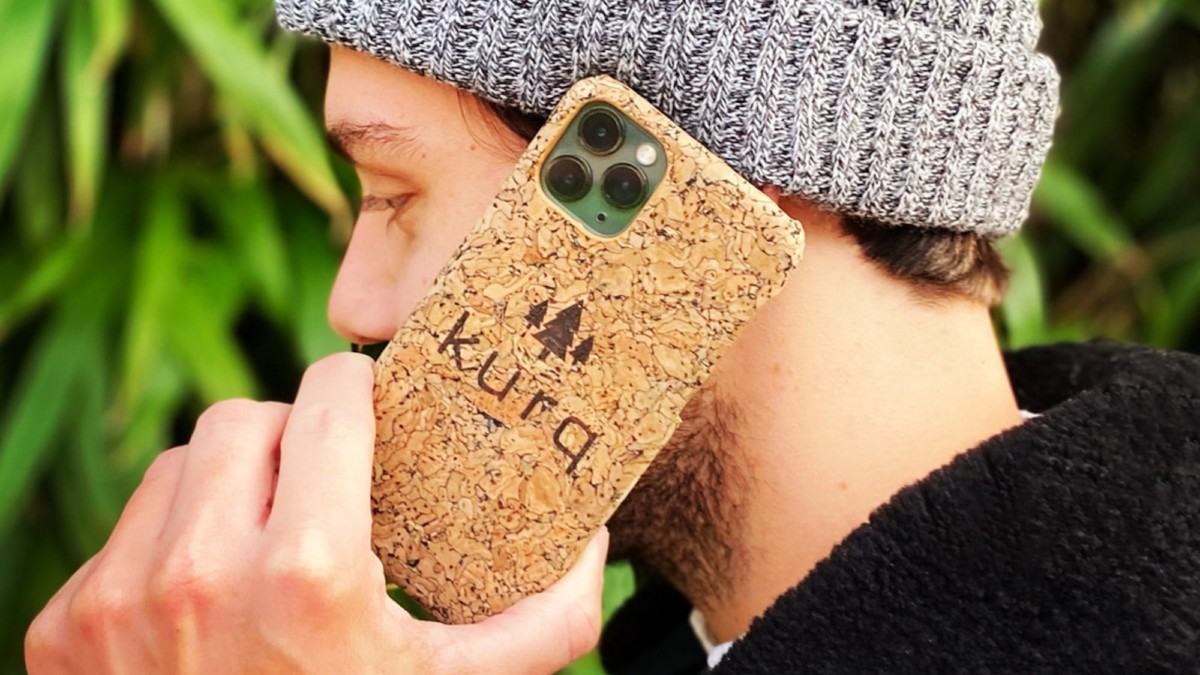Eco-Friendly Phone Cases: Sustainable Options and Benefits

In today’s world where technological advancements are rapidly shaping our lives our mobile phones have become indispensable companions. However the accessories that we use with our phones often contribute to environmental pollution. One such accessory, the phone case is often overlooked for its environmental impact. Fortunately there are a growing number of eco-friendly phone case options available that are both stylish and sustainable.
Understanding the Environmental Impact of Traditional Phone Cases
Before diving into the eco-friendly alternatives let’s understand the environmental implications of traditional phone cases. These cases are often made from materials such as plastic leather and silicone which can have negative consequences for the environment:
- Plastic: Plastic phone cases are the most common type but they are also the most harmful to the environment. They are non-biodegradable meaning they can take hundreds of years to decompose. When discarded improperly they can end up in landfills or waterways contributing to pollution.
- Leather: While leather is a natural material its production can have a significant environmental impact. It requires large amounts of land water and chemicals and can contribute to deforestation and animal cruelty.
- Silicone: Silicone is a synthetic material that is often used in phone cases. While it is recyclable its production process can release harmful chemicals into the environment.
Eco-Friendly Phone Case Materials
Fortunately there are many eco-friendly alternatives to traditional phone cases. These cases are made from sustainable materials that have a minimal impact on the environment:
- Biodegradable Materials: Biodegradable materials such as plant-based plastics and bamboo are excellent options for eco-friendly phone cases. These materials break down naturally over time reducing their environmental footprint.
- Recycled Materials: Recycled materials such as recycled plastic and ocean plastic are another sustainable choice. By using recycled materials you are helping to reduce waste and conserve resources.
- Natural Materials: Natural materials like wood cork and hemp can also be used to make phone cases. These materials are renewable and biodegradable making them a great option for environmentally conscious consumers.
Benefits of Eco-Friendly Phone Cases
Choosing an eco-friendly phone case not only helps to protect the environment but also offers several other benefits:
- Durability: Many eco-friendly phone cases are made from durable materials that can withstand daily wear and tear. This means you won’t have to replace your case as often reducing waste.
- Style: Eco-friendly phone cases come in a wide variety of styles and designs so you can find one that suits your personal taste.
- Support for Sustainable Practices: By choosing an eco-friendly phone case you are supporting sustainable practices and helping to create a more environmentally friendly future.
Tips for Choosing an Eco-Friendly Phone Case
When selecting an eco-friendly phone case consider the following factors:
- Material: Choose a case made from sustainable materials such as biodegradable plastics, recycled materials or natural materials.
- Durability: Look for a case that is durable and can withstand daily use.
- Style: Select a case that matches your personal style and preferences.
- Certification: If possible choose a case that is certified by a reputable organization such as the Fair Trade Foundation or the Forest Stewardship Council.
Conclusion
When looking for an eco-friendly phone case, check this site for a variety of sustainable options. You can find cases made from recycled materials, biodegradable substances, and other environmentally friendly choices. By opting for these products, you’re making a positive impact on the planet. Choosing sustainable materials and supporting ethical practices helps create a more eco-conscious future.







